Students from the Strathmore University School of Humanities and Social Sciences (SHSS) toured Vienna in Austria and Berlin in Germany and passed through Prague in Czech Republic. The International academic 10-day trip brought 22 students from Bachelor of Arts in International Studies & Bachelor of Arts in Communications degree programmes.
The unique aspect of Vienna and Berlin – history, religion, food, currency, people, laws & governance, war and reclamation – made the cities an ideal destination for international studies & communication students to learn from the founding fathers of diplomacy.
They were accompanied by the Dean of the school Prof. Christine Gichure and a team of lecturers: Dr. Maureen Syallow, Caroline Maingi and Caleb Kandagor. Eric Muhia, a Bachelor of Arts in International Studies degree student and Joy Nzangi, from the University Relations and Communications office give the following account of the academic trip.
Vienna University
In Vienna, we toured the Vienna University where Prof. Friedrich Eldalmayer, a Professor of History, described its history and growth, the exchange programs and other academic opportunities the school has to offer. The tour of the university was enriching as this is one of the oldest universities in Europe and hosts students from approximately 95 nationalities around the world. It helped our students to understand the importance of studying inter-cultural communication and how to interact with students from other cultures.
One language is never enough at the UN
The efficiency of the urban transport system, which consists of the metros and trains, assisted us in getting to places such as the famous Vienna International City (VIC) in good time. The International City hosts one of the United Nations Headquarters plus several other international organizations such as the United Nations Industrial Development Organization (UNIDO) and World Trade Organizations (WTO). We had the privilege of touring the UN headquarters and having lectures on the major functions of the UN, its successes and challenges. We witnessed an actual discussion on energy at one of the conference halls. It was mentioned to us that the knowledge of a second and third language is essential for anyone who wants to join the United Nations community as this helps in communication with a host of people around the world. One language is never enough at the UN.
EU Agency for Fundamental Rights
Moreover, we visited the Austrian Parliament (Osterreichisches Parlament) where we met parliamentarian Dr. Gudrun Kugler who deals with family and human rights. Her session focused on Vienna’s laws and how it was founded on the three hills. We also visited the EU Agency for Fundamental Rights hosted by Senior Policy Manager, Dr. Jonas Grimheden and the Vienna School of International Studies.
Worth noting was the visit to ICEP, where we met Dr. Martin Kugler who opened our minds in terms of education and professions. ICEP is an NGO that has various projects and partnerships in Africa including Eastlands College of Technology, Nairobi, where they empower locals to embrace and acquire vocational training.
And definitely one can’t leave this scenic country without touring the historic buildings and cathedrals, amusement parks, museums, and feasting on different foods. And in the country that was home to Mozart, we had an opportunity to enjoy a private concert by one of many Austria’s finest orchestras: Hui Long on the piano, and her husband and colleagues on the saxophones.
Berlin and the Topographie of Terror
Berlin, the administrative capital of Germany is one of the largest cities in this country, and one of the 16 Federal states of Germany. From its name, one event comes to mind, “the fall of Berlin Wall”. We visited the ANS Documentation Centre: Topographie of Terror where we got to see the wall that divided the East from the West Germany. We learned, in more detail, of what transpired during the Nazi regime and how the holocaust happened. We also visited the check points for both the US Army and the Russian army famously known as the “Checkpoint Charlie”.
Later we had a discussion with professionals from the Hertie School of Policy and Governance (Katherin Lin, Prof. Graf and Dr. Armin Triebel), who explained to us the difference between German and Kenya’s education system. They indicated clearly that the German education system emphasized on the dual learning system.
On the last day we visited the Afrika-verein der deutschen Wirtschaft, an organization that merges both German and African business in diverse sectors. We also paid a visit to the Kenyan embassy, and the Deutscher Bundenstag (German parliament and federal foreign Office).
The article was written by Eric Muhia and Joy Nzangi.
If you have a story, kindly email: communications@strathmore.edu





